Sao Mai Group Corporation (ASM) operates in the fields of civil, industrial, and transportation construction, manufacturing and trading of construction materials, real estate trading, and seafood export. In the past 3 quarters, Sao Mai Group's business performance has shown a decline as the unit's profits were much lower than the same period last year.
Pressure from doubled interest expenses, Sao Mai's business results decline
In the second quarter of 2023, Sao Mai Group's net revenue from providing goods and services reached VND 3,254.9 billion, down 18.9% over the same period. Of which, cost of goods sold accounted for VND 2,867.4 billion, gross profit reached VND 387.5 billion, gross profit margin decreased from 15.8% to only 11.9%.
During the period, financial revenue decreased from 67.2 billion to only 56.2 billion VND. However, financial expenses increased from 136.1 billion to 220 billion VND. Most of which was interest expense, increasing from 102.1 billion to 212.1 billion VND. Thus, in the second quarter alone, ASM's interest expense more than doubled compared to the same period, putting great pressure on the unit's revenue.
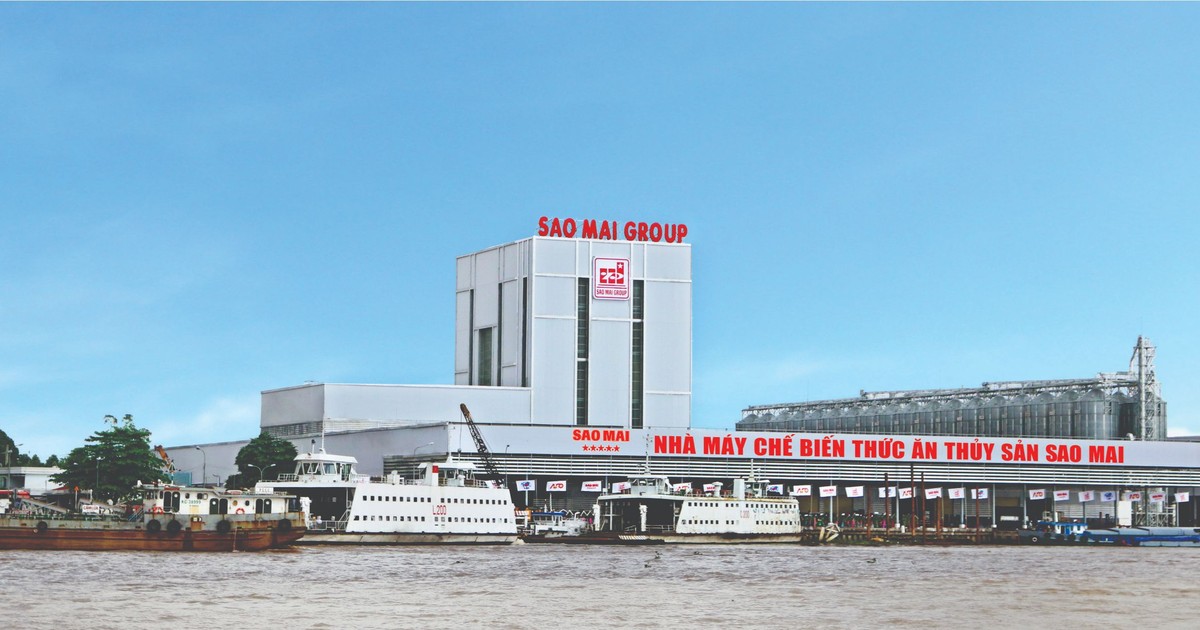
Sao Mai Group (ASM) Q2 profit dropped nearly 70% (Photo TL)
In return, sales expenses were reduced from 140.4 billion to only 36 billion VND. Business management expenses increased from 54.8 billion to 69.6 billion VND. The company's net profit from business operations reached 118.1 billion, down 2/3 compared to the same period.
After deducting taxes payable, ASM's after-tax profit was VND118.5 billion, down nearly 70% over the same period last year.
By the end of the second quarter of 2023, ASM's cumulative revenue reached VND 6,305.3 billion, and after-tax profit reached VND 213.7 billion. Revenue scale did not shrink much, but after-tax profit was significantly affected by high interest expenses. Compared to the annual plan, ASM has only completed 41.3% of the revenue plan and 39.2% of the annual profit plan.
Nearly 4,200 billion VND of assets in the form of receivables, ASM's debt has exceeded its equity.
In the asset structure of ASM, it can be seen that the company's capital and asset allocation are not optimal.
Specifically, at the end of the second quarter of 2023, ASM's total assets reached VND 19,281.1 billion, a slight increase compared to the beginning of the year. In which, the company is recording a sharp decrease in cash from VND 847.9 billion to only VND 324.9 billion. Meanwhile, the amount of short-term cash deposits in the bank increased from VND 951.3 billion to VND 1,700.8 billion.
Another point to note is that the company is recording receivables from customers of up to 1,886.7 billion VND, 140 billion higher than at the beginning of the year. Meanwhile, the amount of money advanced to sellers that the company has paid is up to 2,019.5 billion VND. Spending a large amount of money to pay in advance to sellers while storing a large amount of receivables from customers is a lack of optimal capital allocation, causing disadvantages for the business.
Besides, ASM's inventory also increased from 3,188.5 billion to 3,486.1 billion VND, equivalent to an increase of nearly 300 billion VND.
Regarding capital structure, ASM's payable debt accounts for VND 11,501.9 billion, equivalent to 59.7% of the total capital of the enterprise. Of which, short-term debt accounts for VND 5,872.9 billion, long-term debt accounts for VND 4,252.4 billion.
ASM's total debt has reached VND 10,125.3 billion while the company's equity is only recorded at VND 7,779.2 billion. Thus, ASM's debt alone is VND 2,346.1 billion higher than its equity, showing a major risk in capital management.
Source




![[Photo] Panorama of the Opening Ceremony of the National Press Festival 2025](https://vphoto.vietnam.vn/thumb/1200x675/vietnam/resource/IMAGE/2025/6/20/6b835ee92c2c4df587af73cb2d1f4f5f)







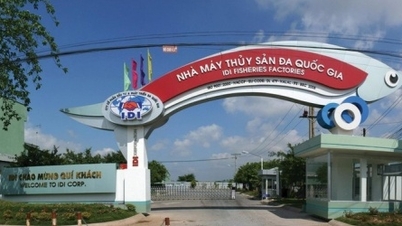




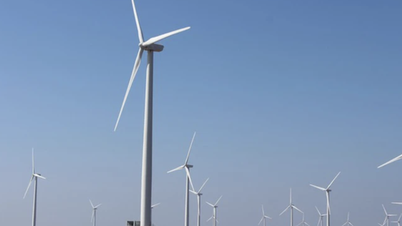



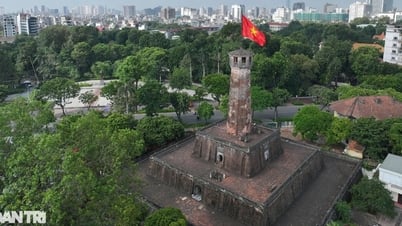















![[Photo] General Secretary To Lam chairs the 14th Central Military Commission Conference](https://vphoto.vietnam.vn/thumb/1200x675/vietnam/resource/IMAGE/2025/6/20/a9d25fc6dd664fb9a3757502f32e5db0)
























![[Maritime News] Wan Hai Lines invests $150 million to buy 48,000 containers](https://vphoto.vietnam.vn/thumb/402x226/vietnam/resource/IMAGE/2025/6/20/c945a62aff624b4bb5c25e67e9bcc1cb)










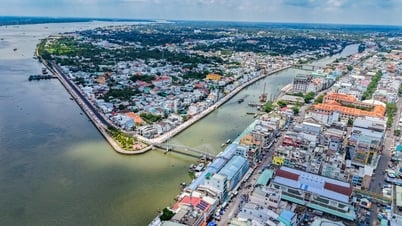


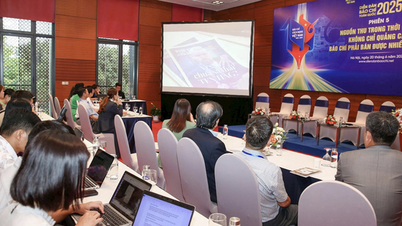

































Comment (0)